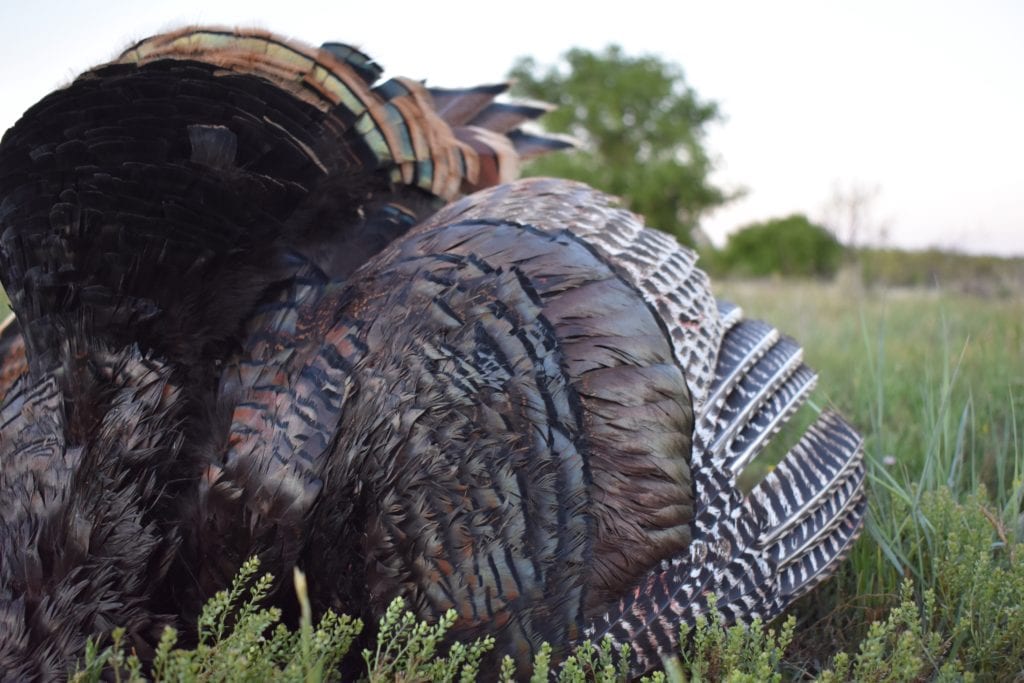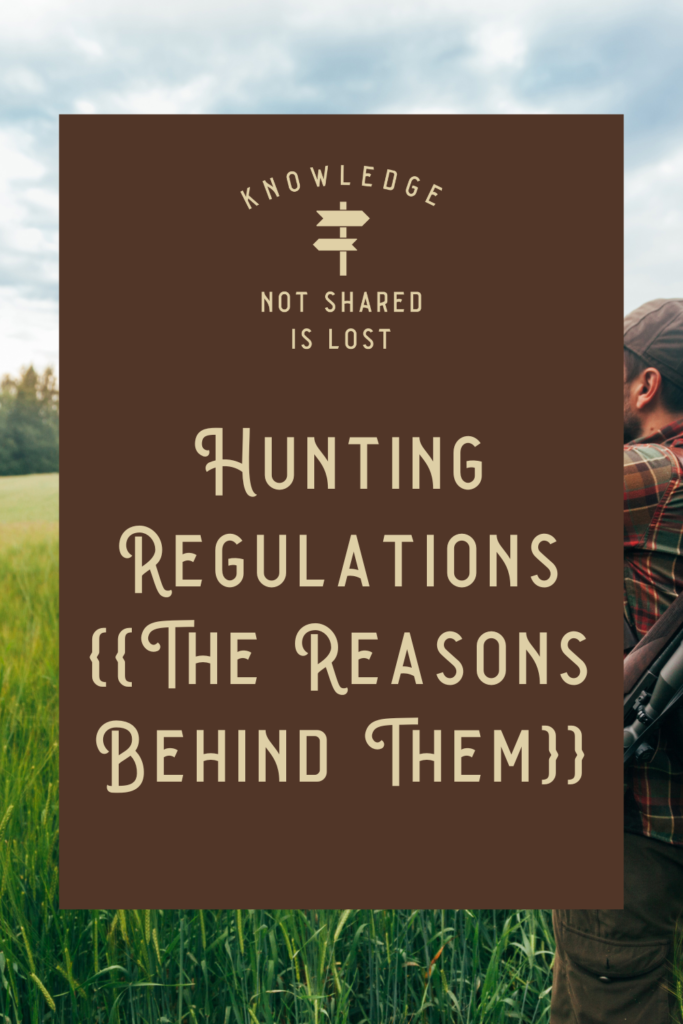Hunting regulations are put in place to protect wildlife populations. They ensure that hunting is done in a sustainable and ethical manner. These regulations are passed for a variety of reasons, including conservation efforts, public safety, and the preservation of cultural traditions. In this article, we’ll explore the importance of hunting regulations and the reasons behind their implementation.
So, why were hunting laws passed?
Protecting Wildlife Populations
One of the primary reasons for hunting laws is to protect wildlife populations. Without regulations, overhunting could lead to the extinction or endangerment of certain species. By setting limits on the number of animals that can be hunted and the methods used to hunt them, hunting can be done in a way that ensures the long-term survival of the species. Additionally, regulations can help prevent the spread of diseases among wildlife populations, which can have devastating effects on ecosystems.

Maintaining Ecological Balance
Hunting regulations play a crucial role in maintaining ecological balance. By controlling the number of animals that can be hunted, regulators can prevent the overpopulation of certain species, which can lead to damage to ecosystems and even the endangerment of other species. Additionally, regulations can help prevent the spread of invasive species. This can have negative impacts on native wildlife and their habitats. Overall, hunting laws are an important tool for ensuring the long-term health and sustainability of our natural world.
Ensuring Safety for Hunters and Non-Hunters
Another important reason for hunting regulations is to ensure the safety of both hunters and non-hunters. Regulations may include requirements for hunters to wear bright orange clothing to make them more visible to others in the area, as well as restrictions on the use of certain types of weapons or ammunition that could pose a danger to others. Additionally, regulations may limit hunting in certain areas to prevent conflicts with hikers, campers, and other outdoor enthusiasts. By promoting safe and responsible hunting practices, regulations can help prevent accidents and ensure that everyone can enjoy the outdoors safely.

Preventing Illegal Hunting and Poaching
Hunting regulations also play a crucial role in preventing poaching. These activities can have devastating effects on wildlife populations and ecosystems. It can even lead to the extinction of certain species. Regulations may include limits on the number and type of animals that can be hunted, as well as restrictions on hunting during certain times of the year or in certain areas. By enforcing these regulations, authorities can help protect wildlife and ensure that hunting remains a sustainable and responsible activity.
Promoting Ethical Hunting Practices
One of the main reasons for hunting regulations is to promote ethical hunting practices. This includes ensuring that animals are hunted in a humane manner and that their populations are not depleted to the point of endangerment. Regulations may also require hunters to obtain licenses or permits, which can help ensure that they have the necessary knowledge and skills to hunt safely and responsibly. By promoting ethical hunting practices, regulations can help ensure that hunting remains a sustainable and respected activity for generations to come.





2 thoughts on “Hunting Regulations: The Reasons Behind Them”